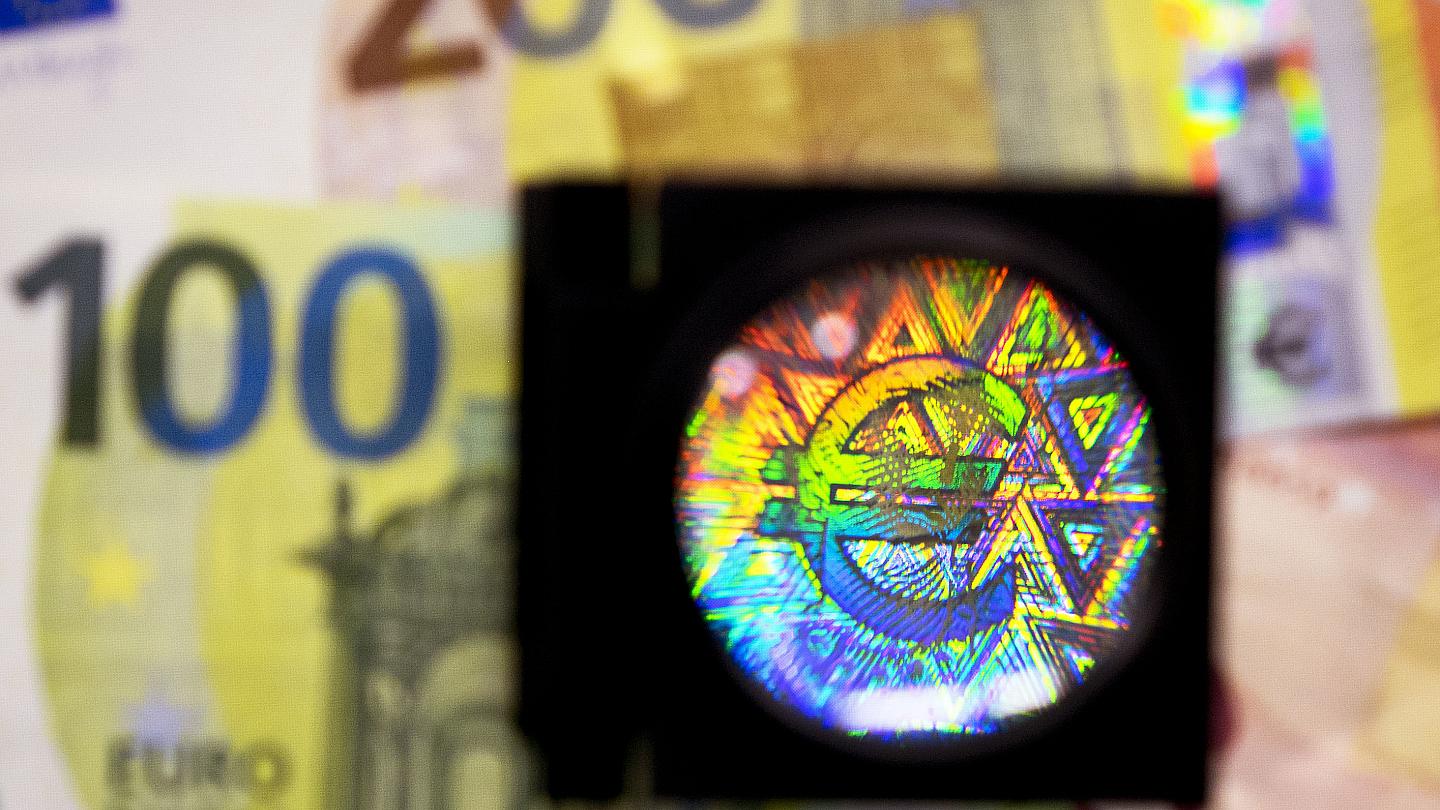ECB Pushes Digital Euro to Counter U.S. Influence and Stablecoin Growth
21.03.2025 10:00 1 min. read Alexander Zdravkov
The European Central Bank (ECB) is accelerating its digital euro plans, aiming to reduce reliance on U.S. payment giants and foreign stablecoins.
Chief Economist Philip Lane stressed that Europe must safeguard its financial independence, particularly as geopolitical tensions rise.
Rather than allowing dollar-backed stablecoins to gain traction in the eurozone, the ECB envisions its digital currency as a way to maintain monetary control.
Lane warned that dependence on American financial firms, including Visa and Mastercard, could weaken Europe’s economic sovereignty. Meanwhile, the U.S. is advancing stablecoin regulations, with Senator Hagerty’s GENIUS Act likely to pass soon.
The ECB launched its digital euro initiative in 2021, but delays in European Union legislation have stalled progress. Officials argue that the project would unify Europe’s fragmented payment systems and create a secure alternative to private cryptocurrencies. ECB President Christine Lagarde has urged lawmakers to act swiftly to ensure the region’s financial autonomy.
European policymakers are also wary of Donald Trump’s pro-stablecoin stance, seeing it as a potential challenge to the euro’s global standing. Across the Atlantic, U.S. lawmakers are pushing for stricter crypto regulations, with key bills expected to advance in the coming months.
-
1
Telegram Launches TON Wallet for U.S. Users, Unlocking in-app Crypto Features
22.07.2025 17:30 2 min. read -
2
Polymarket Eyes Launching Stablecoin to Capture Reserve Profits
23.07.2025 10:30 2 min. read -
3
Western Union Explores Stablecoin Integration After GENIUS Act Approval
22.07.2025 10:00 2 min. read -
4
JPMorgan Eyes Crypto-backed Loans Amid Favorable U.S. Policy Shift
22.07.2025 9:35 2 min. read -
5
Coinbase Brings Perpetual Futures to U.S. Traders Under CFTC Regulation
22.07.2025 13:33 2 min. read
Visa Settles $200M in Stablecoin Transactions, Eyes Long-term Potential
Visa reported over $200 million in stablecoin settlements during Q2 2025, a milestone in its growing commitment to digital asset infrastructure.
Coinbase and JPMorgan Chase Partner to Expand Crypto Access for 80M+ Customers
Coinbase has announced a major partnership with JPMorgan Chase, the largest U.S. bank, aimed at expanding access to cryptocurrencies for over 80 million Chase customers.
Bank of Korea Launches New Division to Oversee Crypto and Stablecoin Developments
The Bank of Korea (BOK) has taken a significant step toward deepening its involvement in the digital asset ecosystem by establishing a dedicated virtual asset division, according to a report from local media outlet News1.
JPMorgan: Coinbase Could Gain $60B From USDC-Circle Ecosystem
A new report from JPMorgan is shedding light on the staggering upside potential of Coinbase’s partnership with Circle and its deep exposure to the USDC stablecoin.
-
1
Telegram Launches TON Wallet for U.S. Users, Unlocking in-app Crypto Features
22.07.2025 17:30 2 min. read -
2
Polymarket Eyes Launching Stablecoin to Capture Reserve Profits
23.07.2025 10:30 2 min. read -
3
Western Union Explores Stablecoin Integration After GENIUS Act Approval
22.07.2025 10:00 2 min. read -
4
JPMorgan Eyes Crypto-backed Loans Amid Favorable U.S. Policy Shift
22.07.2025 9:35 2 min. read -
5
Coinbase Brings Perpetual Futures to U.S. Traders Under CFTC Regulation
22.07.2025 13:33 2 min. read


